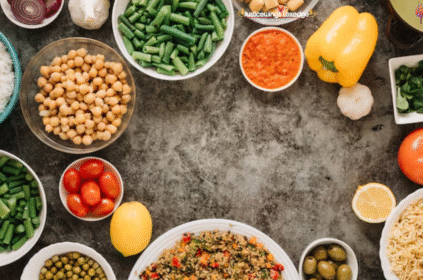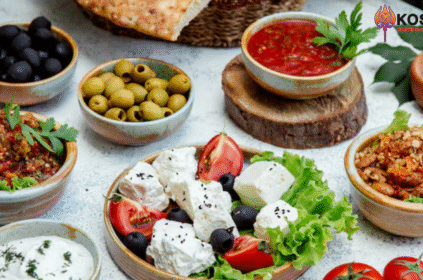In today’s health-conscious and diverse marketplace, Kosher Certification has become a trusted symbol on food packaging. While it follows Jewish dietary laws, its appeal stretches far beyond religion, offering clarity and assurance to a wide range of consumers.
What Makes Food Kosher?
Kosher Certification food follows specific religious rules found in Jewish law. These rules allow certain animals, like cows and chickens, and ban others, such as pork and shellfish. People must not mix meat and dairy, and trained experts must slaughter animals using humane, approved methods. Every ingredient and step in production must follow these rules for a product to be considered kosher.
Who Relies on Kosher Foods?
Jewish consumers depend on Kosher Certification labels to maintain their dietary practices. However, many others also look for the kosher symbol. People with food allergies, health concerns, or religious restrictions—like Muslims, vegetarians, and vegans—often choose kosher products for their clear labeling and careful oversight. Kosher-certified items are viewed as clean, safe, and reliable.
Why Businesses Go Kosher
Food manufacturers, exporters, and retailers benefit greatly from kosher certification. It opens the door to new markets and builds trust with a broader audience. With rising demand for transparency in food production, the kosher label helps companies stand out, improve brand reputation, and increase consumer confidence.
How the Certification Works
To get certified, a business contacts a kosher agency. Inspectors check all ingredients, equipment, and processes. They ensure everything meets kosher standards. Once approved, the product receives a Kosher Certification symbol. The agency also conducts regular audits to maintain the certification and ensure ongoing compliance.







